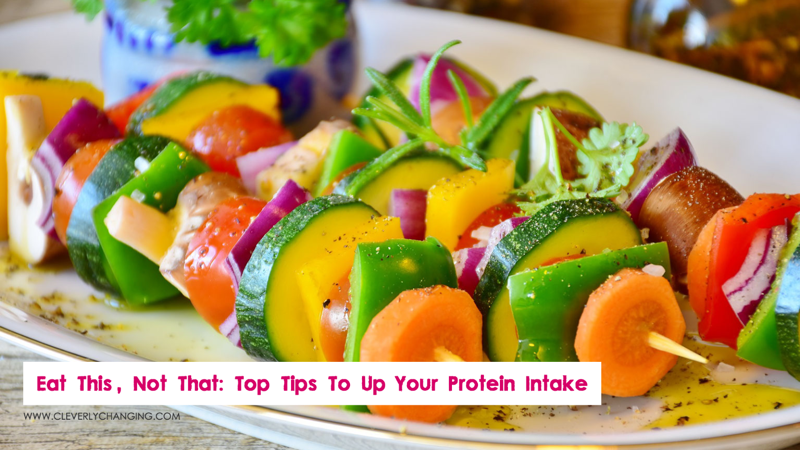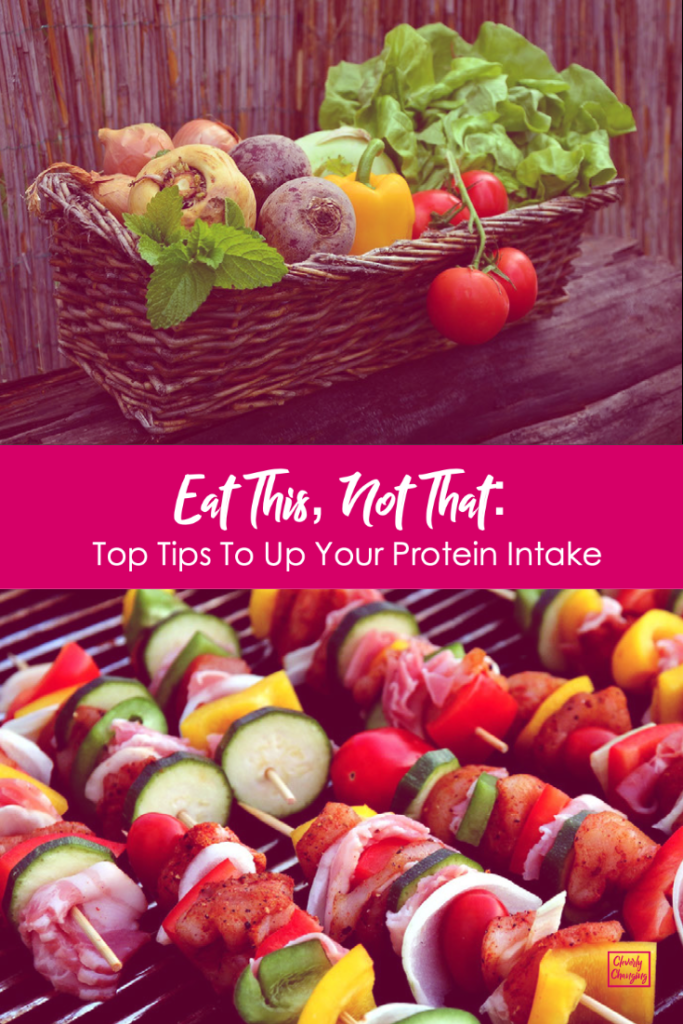Whether you’re an avid gym-goer, a professional athlete, or an average citizen, protein is a fundamental part of your physical build-up, which your body requires to stay healthy and work the way it should. Aside from providing physical benefits, protein is also a critical part of the processes that fuel your energy and carry oxygen throughout your bloodstream.
Protein also helps make antibodies that fight off infections and illnesses and helps repair, re-grow and keep cells healthy. Not getting enough protein or protein deficiency can lead to serious conditions such as swelling, increased risk of fractures, muscle wasting, fatty liver, and skin degeneration. On average, it’s recommended by health professionals that protein should account for 10% to 35% of your daily calories. So bearing this percentage in mind, and depending on your fitness goals, you must monitor your protein intake so that it’s healthily balanced. Keep reading on for our top tips to up your protein intake.
Eat More Nuts and Nut Butters
One of our top tips for upping your protein intake is to eat more nuts or nut butter. Nuts and nut butter are a great way to introduce more protein into your diet, as they can be enjoyed on their own as a snack, or you can add them to many different foods such as salads, porridge, or yoghurt. Most retailers sell them in individual, re-sealable bags, making them perfect for snacking on the go or keeping at the office or in the car. Just be wary and try not to overdo yourself, as although nuts like almonds or walnuts are healthy in small doses, they can be very high in calories in large quantities. So make sure to count out your servings, and like most nutritious foods, naked nuts are better than flavoured or salted varieties.
Eat and Drink More Dairy Products
More commonly renowned for being excellent sources of calcium and vitamin D, ingesting dairy produce is also a great way to increase protein intake and has been recorded to prevent over-eating and aid weight loss. Most of the protein in dairy products comes in the form of casein, which is an excellent natural source of amino acids; some dairy products are even considered ‘high-quality’ or ‘complete’ proteins due to providing a good source of all nine essential amino acids. On the downside, dairy can be high in fats, so if you’re trying to cut down on fat, try swapping to healthier options such as 1% or skimmed milk, as these still contain the essential nutritional benefits of milk but are lower in fat.
Try To Incorporate a Range of Plant Protein Into Your Diet
Especially if you are vegan or vegetarian, we recommend incorporating a variety of plant proteins into your diet in order to up your protein intake. Compared with animal proteins, plant proteins tend to lack the full range of essential amino acids, which is why it’s vital for those following a non-animal produce lifestyle to consume a variety of plant proteins to meet their amino acids requirements. Some of the best sources of plant protein include;
- Pulses
- Nuts and nut butters
- Chickpeas and hummus
- Quinoa
- Chia seeds
- Oats
Consider Alternate Ways to Up Your Protein Intake
Another tip for increasing your protein intake is by making a protein shake, which you can easily do by blending together fruits and a liquid such as juice, milk, or water, and a scoop of protein powder. Protein shakes are a straightforward option if you’re strapped for time or struggle to ingest other protein-rich foods. However, be careful not to overuse protein powder, as much like nuts it can cause you to gain weight if used irresponsibly. Instead use protein powder as a post-workout recovery drink, sprinkled into some porridge or as a quick meal replacement. If you don’t like the idea of a protein shake, you could look at alternate, delicious protein-rich products, such as the range from Shake That Weight. Browse their website for a selection of protein-based products and low-calorie diet shakes designed to keep you fit and healthy.
Eat Your Protein First
Studies have shown that you should eat the protein and vegetable sources first, especially before you get to carbohydrates and the other food groups when eating a meal. When protein is consumed, the production of peptides, a gut hormone that makes you feel full and satisfied, increases, enabling you to stay fuller for longer and reducing the urge of over-eating or binging. Eating the protein portion of your meal first can also help keep your blood sugar and insulin levels from rising too high after a meal and decrease ghrelin levels, the “hunger hormone,” which enables you to stay fuller for longer.


